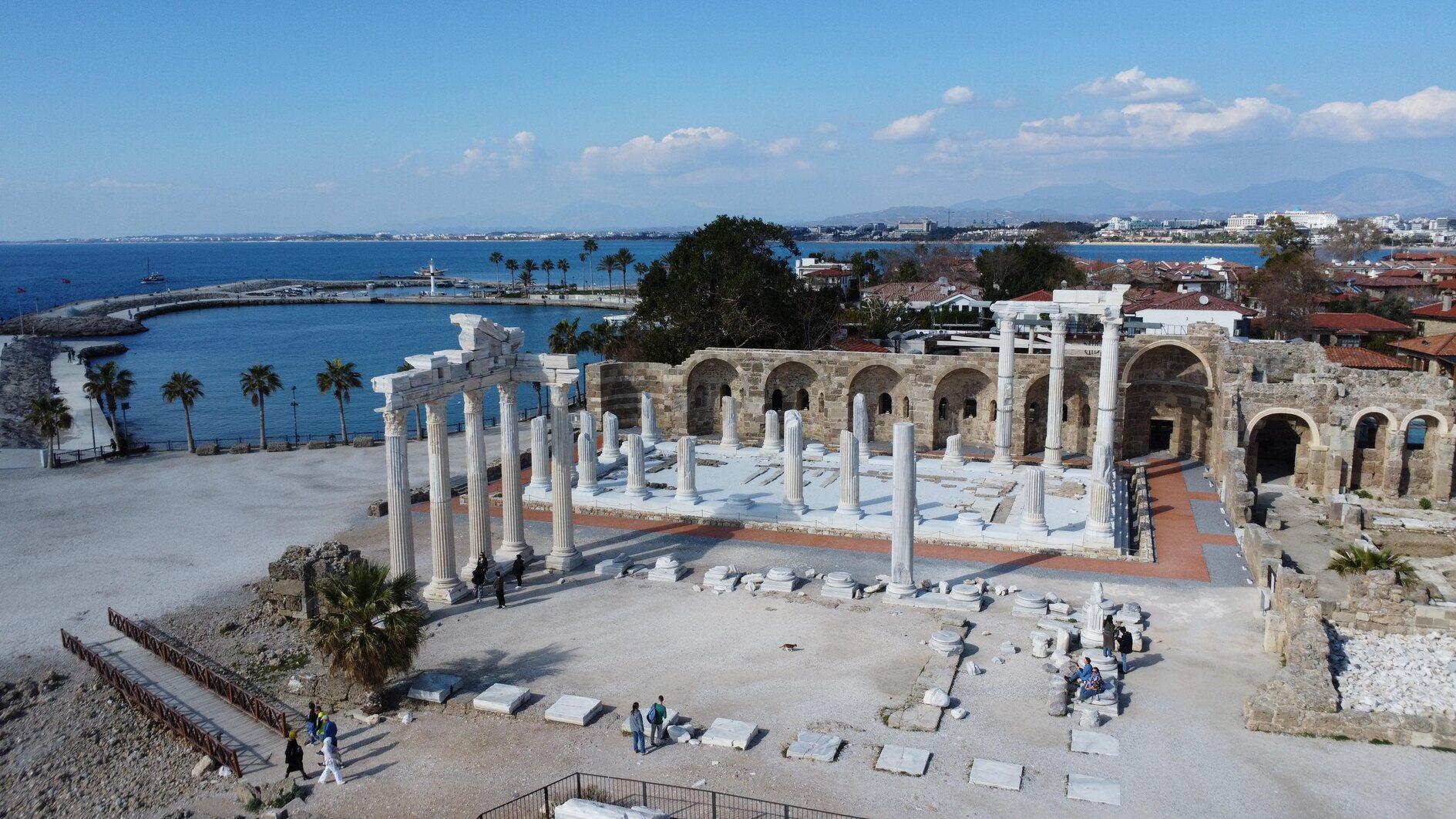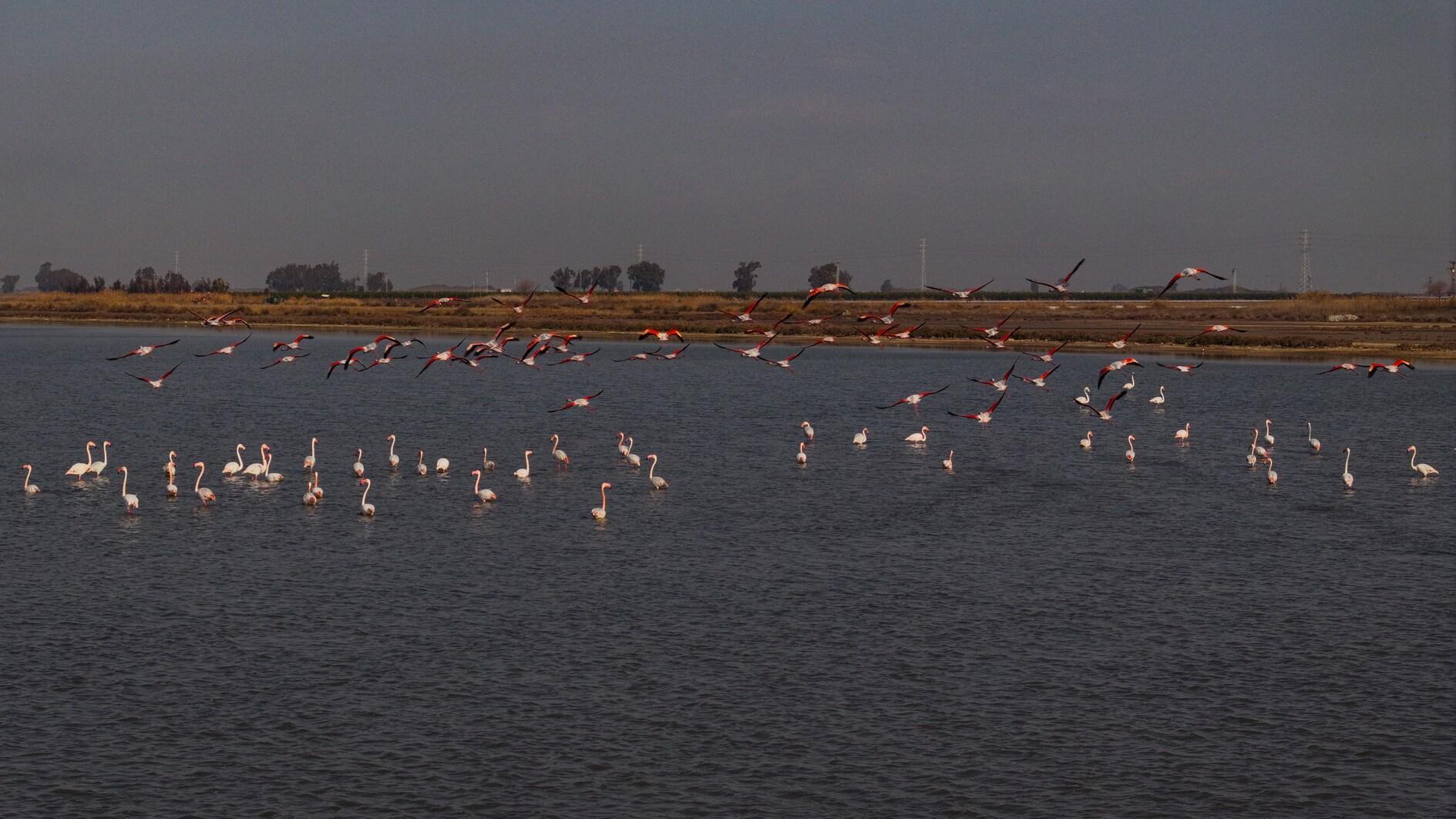Emotional politics in Turkey
‘Political Behavior and the Emotional Citizen: Participation and Reaction in Turkey’ by Cengiz Erişen (Palgrave Macmillan, 231 pages, €95)
Turkish politics are an emotional business. That is clearest during election campaigns, when political discourse is particularly febrile. The focus on cultural and social identifiers - ethnicity, religious identity, and nationalism – makes politics in Turkey even more emotional.
“Political Behavior and the Emotional Citizen” by Cengiz Erişen, an associate professor at Istanbul’s Yeditepe University, is a systematic study into how emotions define political parameters in Turkey. The country’s modern history has certainly provided enough material to test the nerves. As Erisen writes, “three military coups, a recent failed coup attempt, major social cleavages and polarization longstanding in society, the influence of leader-dominated politics in policymaking and state relations, three-decade-long terror … economic crises, sociocultural changes since the 1950s, and a growing tide of populism” have all kept Turkey at fever pitch.
 Focusing on three emotions - anger, fear and enthusiasm - Erişen specifically examines the period between the June 2015 and November 2015 elections. This was a landmark five months that radically reshaped Turkish politics. The AKP lost its parliamentary majority in the June election, shortly after which the government ended its peace process with the PKK and a series of PKK and ISIS terror attacks shook the country. With President Erdoğan blocking coalition talks between parties, many voters flocked back to the AKP in the November 2015 snap election hoping for stability.
Focusing on three emotions - anger, fear and enthusiasm - Erişen specifically examines the period between the June 2015 and November 2015 elections. This was a landmark five months that radically reshaped Turkish politics. The AKP lost its parliamentary majority in the June election, shortly after which the government ended its peace process with the PKK and a series of PKK and ISIS terror attacks shook the country. With President Erdoğan blocking coalition talks between parties, many voters flocked back to the AKP in the November 2015 snap election hoping for stability.
“The months in between the two elections were a time of total limbo, with an impotent minority government. Meanwhile, terror attacks and civil strife across the southeast and eastern parts of the country continued,” writes Erişen. “Overall, society experienced total disarray and spiralling uncertainty during the months following the June 7 elections.” He cites survey data showing that even among non-AKP voters, after June “public anxiety was high regarding a number of issues, including the ‘Kurdish opening’ and its potential risks, the Syrian war, ISIS, a possible future economic crisis, and political instability in case of a future coalition government.”
Erdoğan himself referred to this interregnum period in a recent interview with Bloomberg: “Our people said this cannot happen and brought [the AKP] back to power on its own. The system started functioning again.” But it is worth remembering that ahead of the November 2015 vote the result was far from clear, with opinion polls showing little change in voters’ intentions. The nine-percentage point swing back to the AKP came as a surprise even to those in the party.
Amid suggestions that the AKP is struggling ahead of the upcoming June 24 election, it is worth keeping in mind voters’ long-running fear of political instability. Regardless of who is to blame for instability, with his hands on all levers of state Erdoğan is the strongman who is always in pole position to benefit from it. “In times of crisis, voters overvalue charismatic leaders as a strategy to cope with the threat,” writes Erişen. “Public perceptions of Erdoğan, despite his ‘one-man’ persona and divisive political judgments, remained strongly favourable as the most charismatic leader who appeared to rescue Turkey from growing instability.”
This gains even more significance because Turkish politics is so leader-driven, motored by social group identity and cultural identifiers. This also conveniently distracts attention from more prosaic but more important issues of cronyism, corruption and mismanagement. And that is much easier to do when the entire media is umbilically linked to the government, giving the AKP almost complete domination of the agenda. Still, Erdoğan himself rose in the 1990s and early 2000s despite being dismissed and ridiculed by most major media groups. Perhaps something similar could happen on June 24.
* Follow the Turkey Book Talk podcast via iTunes here, Stitcher here, Podbean here, or Facebook here, or Twitter here.










